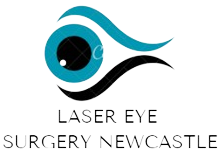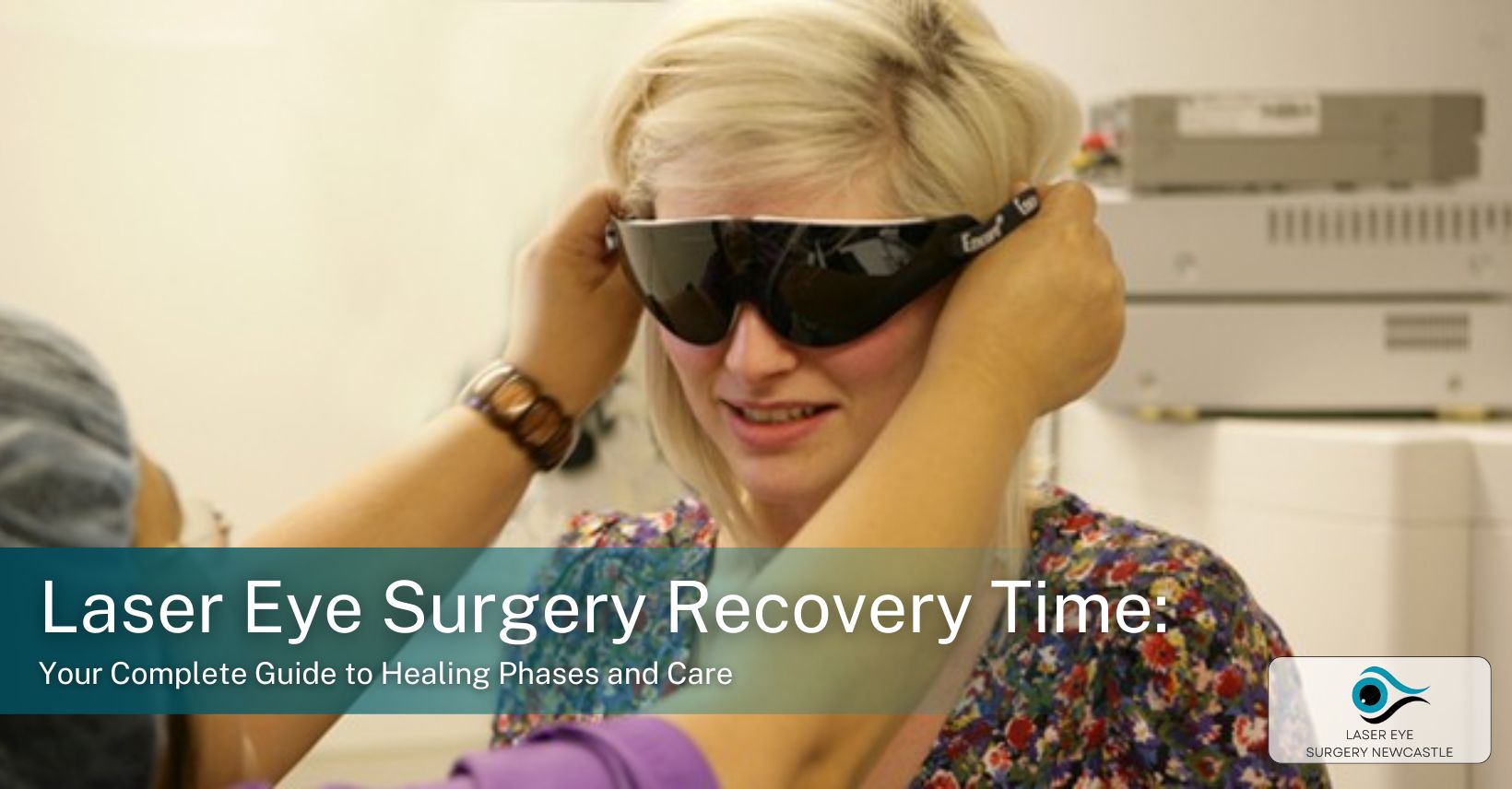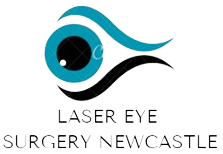If you’re considering laser eye surgery, it’s important to understand the recovery process and what to expect along the way.
This article will guide you through each phase of healing after laser eye surgery, from immediate recovery to long-term care.
Find out about the dos and don’ts during recovery, the importance of follow-up appointments, and when you can resume normal activities.
Learn why choosing the right provider for your recovery time appointment is crucial, and how to maintain your vision post-surgery.
What Is Laser Eye Surgery and How Does It Work?
Laser eye surgery, encompassing techniques such as LASIK and LASEK, carefully reshapes the cornea using a precision laser. It aims to diminish the need for glasses or contact lenses and enhance visual clarity. Expert surgeons employ cutting-edge technology to ensure the procedure optimises vision effectively.
While the immediate benefits of clearer vision are appealing, you may wonder about the recovery process and what the first few hours post-surgery involve. Next, we will examine patients’ typical experiences after the procedure, providing insights into the immediate aftercare and expected sensations.
What Should You Expect Immediately After Laser Eye Surgery?
After laser eye surgery, patients commonly experience blurriness and discomfort, typical initial responses as the eyes adjust and start healing. These symptoms usually decrease within the first few days after the procedure.
Additional common sensations include dryness, itchiness, or the feeling of having something in the eye. Effectively managing these symptoms involves following the surgeon’s post-operative care instructions closely and taking any medications as prescribed.
As these initial discomforts fade, the journey to full visual clarity progresses, leading one to think about the timeline for a complete recovery.
How Long Does Complete Recovery from Laser Eye Surgery Take?
The complete recovery from laser eye surgery can vary for each patient. Still, the healing process typically spans from a few days to several weeks, with significant vision improvement often noticeable within the first few days after surgery.
Immediate Recovery
The immediate recovery period following laser eye surgery is required. It typically involves resting the eyes to facilitate the initial phase of the healing process and ensure optimal vision improvement.
During this stage, patients are advised to strictly adhere to the post-operative care instructions provided by their surgeon. This includes wearing protective shields over the eyes, applying prescribed eye drops, and attending follow-up appointments.
Resting the eyes means avoiding activities that strain or irritate them, such as reading, using screens, or exposing them to bright lights. Strenuous exercises, swimming, and dusty environments should be avoided to prevent complications and support proper healing.
The expected duration of this initial recovery phase may vary depending on individual healing rates and the specific type of laser eye surgery performed. Still, typically, patients can expect a recovery period of around 1-3 days before gradually resuming normal activities.
First Week After Surgery
During the first week after surgery, patients should carefully follow their aftercare instructions, attend follow-up appointments, and monitor for any symptoms or side effects that may arise.
Patients should refrain from rubbing their eyes and avoid strenuous activities that could put pressure on them. Eye drops prescribed by the doctor should be used as directed to aid in healing and prevent infection.
Common side effects in the first week include temporary blurred vision, dry eyes, or sensitivity to light. These symptoms are typically mild and improve as the eyes adjust post-surgery. Regularly consulting with the surgeon or optometrist during follow-up visits ensures any issues can be addressed promptly, leading to a smoother recovery process.
First Month After Surgery
The first month following laser eye surgery is pivotal for healing, as patients generally experience improved vision and begin returning to everyday activities. During this time, it’s typical for patients to notice their vision stabilising while adjusting to changes made during surgery.
Fluctuations in clarity and symptoms of dry eyes are common as recovery progresses. Scheduled follow-up care appointments are required to track healing and address emerging issues.
Patients play a vital role in their recovery. It’s important to refrain from swimming, intense workouts, and eye rubbing to prevent complications. Protecting the eyes from UV rays and following prescriptions for medications or eye drops are critical to promote healing and achieve the best outcomes.
By being mindful of these guidelines, you are actively contributing to your own recovery. Knowing what to do and what to avoid can greatly influence the recovery process. We will analyse these concerns to ensure a smooth transition to optimal eye health.
What Are the Dos and Don’ts During Laser Eye Surgery Recovery?
Proper aftercare is vital to ensure a smooth recovery and mitigate potential complications or side effects during the laser eye surgery recovery period.
Do’s
To ensure a smooth recovery, use the prescribed eye drops as directed, attend all follow-up appointments, and adhere to the surgeon’s aftercare instructions.
Adhering to these actions plays a vital role in the post-operative healing process. Eye drops greatly reduce the risk of infection and promote proper hydration of the eyes, aiding in faster recovery.
Attending follow-up appointments allows the surgeon to monitor your progress closely, detect potential issues early, and adjust treatment if necessary. Maintaining hygiene as per instructions helps prevent complications and ensures optimal healing. The aftercare instructions provided by the surgeon are customised to your specific needs and play a vital role in maximising the success of your eye surgery.
Don’ts
Avoid rubbing your eyes, applying eye makeup, or engaging in high-impact activities during recovery to protect your eye health and prevent complications. Excessive eye strain, like prolonged screen time or reading in dim light, may hinder healing and potentially harm delicate eye tissues.
Steering clear of swimming pools and hot tubs is also advisable to avoid infections that could impede recovery or exacerbate issues. Adhering to your ophthalmologist’s prescribed medications and post-operative care is required for a successful recovery. Speaking of recovery, managing post-surgical care often involves specific treatments to ensure the best outcomes.
Are There Specific Medications or Eye Drops Required After Surgery?
After laser eye surgery, prescribed eye drops play a vital role in the postoperative care process, aiding in relieving symptoms, preventing infections, and supporting healing.
Uses of Prescribed Eye Drops
Prescribed eye drops play a key role in your post-surgery recovery by managing symptoms like dryness and discomfort, helping the healing process, and guarding against infections. There are various types of eye drops designed for specific needs:
- Lubricating drops maintain moisture.
- Anti-inflammatory drops reduce redness and swelling.
- Antibiotic drops prevent infections, while anti-allergy drops soothe allergy-related discomfort.
It’s vital to closely follow your eye care professional’s eye drop regimen to maximise treatment effectiveness and support your recovery. Not adhering to this schedule can result in complications and delay your healing. Following this regimen, consistent monitoring through scheduled visits is important in ensuring a smooth and effective recovery process.
What Follow-Up Visits Are Necessary After Laser Eye Surgery?
Follow-up visits are essential to monitor the progress of your recovery, ensure that your vision is improving as expected, and address any concerns with your optician or surgeon.
Follow Post-Operative Instructions
Following the post-operative instructions provided by your surgeon is important to avoid complications and ensure a smooth recovery.
These instructions can vary depending on the type of surgery. Still, common ones include medication schedules, wound care protocols, activity restrictions, and minimising pain. Patients should carefully read and understand the instructions, ask questions for clarification, and follow them diligently.
Simple actions like taking prescribed medications on time, keeping the surgical area clean and dry, avoiding strenuous activities, and attending all follow-up visits can greatly impact the healing process. Consistency in following these instructions can lead to faster recovery and better overall outcomes.
Attend Follow-Up Appointments
Attending follow-up appointments after eye treatment is not just a routine, but a necessary step towards monitoring your recovery and adjusting care as needed for optimal vision and eye health.
These sessions, where your eye care specialist evaluates your eyes’ healing, the success of treatments or surgeries, and addresses any concerns you might have, are your gateway to a smooth recovery and better vision.
These appointments are key to customising your treatment plan based on your unique recovery trajectory and the outcomes of initial treatments. Through comprehensive examinations and open communication, your healthcare provider ensures you progress toward better vision and eye health.
As you adapt to your treatment plan and notice improvements, you may begin to consider when you can resume everyday activities like driving and working.
When Can You Resume Normal Activities Such as Driving and Working?
Recovery times after laser eye surgery vary based on the procedure chosen and individual health conditions. Typically, patients can resume driving and working within a few days to two weeks.
The specific surgery type, like LASIK or PRK, directly influences the duration of the recovery period. For example, LASIK patients often experience quicker visual stabilisation, allowing a faster return to daily activities.
Patient health, existing eye conditions, and following post-operative care instructions are important to recovery speed. Adhering to the surgeon’s advice, including when to return to physical activities such as exercise or swimming safely, is key to ensuring smooth and efficient healing. Regular follow-up appointments are vital to monitor progress and address any concerns promptly.
Focusing on your health and recovery ensures a quicker return to normalcy. It highlights the expertise and dedicated support our team offers. Discovering our approach could be the key to a seamless and successful recovery.
Why Choose Us for your Laser Eye Surgery recovery time appointment?
Choosing our clinic for your laser eye surgery recovery time appointment ensures access to top-tier surgeons, comprehensive patient care, and personalised consultations that focus on achieving the best possible outcomes for your vision.
Book your reservations now
Secure your consultation today and take the initial steps towards enhanced vision and comprehensive care. Booking in advance ensures your appointment with our skilled surgeons, expediting your journey towards improved eyesight.
This approach guarantees a slot that suits your schedule and reduces waiting time for your convenience. Early engagement allows our team to analyse your vision requirements, develop a customised treatment strategy, and address any preliminary concerns, setting the stage for a more effective and streamlined procedure. Make your reservation now for an optimised experience. Following surgery, sustaining your vision with appropriate care is equally important.
Long-Term Care: How to Maintain Your Vision Post-Surgery?
Maintaining your vision post-surgery requires long-term care practices, including regular follow-up visits, proper eye health maintenance, and adherence to your surgeon’s recommendations for ongoing vision improvement.
Ensuring the health of your eyes after surgery involves more than just immediate recovery; it requires a commitment to lifelong eye care. This includes regular eye examinations to monitor any changes in your vision, staying informed about any potential side effects that could affect your eyesight, and most importantly, using protective eyewear when engaging in activities that may pose risks to your eyes. This proactive measure can greatly reduce the likelihood of post-surgery complications.
By incorporating healthy habits into your daily routine, such as eating a balanced diet rich in vitamins and minerals essential for eye health and maintaining a healthy weight, you can help preserve the benefits of your surgery and potentially even enhance your vision further.





